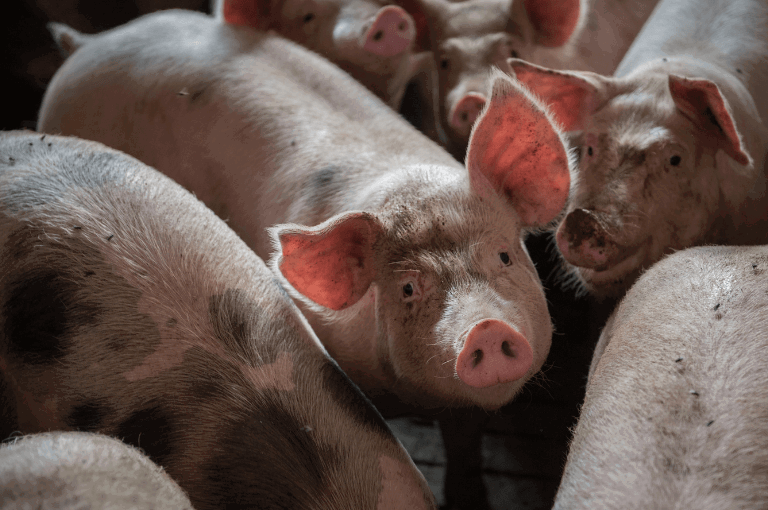Published 1/9/2020
Written by Rachel Dreskin
Since ringing in what should have been an optimistic start to the new decade, our news feeds have been inundated with devastating coverage of the raging bushfires in Australia. Tales of the loss of human life and over two thousand homes, and images of iconic and globally-cherished Australian wildlife like kangaroos and koalas scorched to death, have brought into sobering focus the catastrophic impacts of climate change. Scientists warn that we have roughly ten years to not just address, but solve, the climate crisis. After that, it may simply be too late. It’s almost as if the escalation of these fires is serving as a harsh warning of what’s at stake if we don’t come together in the coming decade to figure out, and implement, real solutions.
We’re already seeing the devastating impact of the climate crisis: from the wildfires in the Amazon to the draughts in California, from the increasing number and severity of hurricanes to the currently uncontrolled fires decimating the Australian landscape. It’s hard to swallow the lump in my throat as I type this, reiterating what climate experts say will only continue and worsen unless we take dramatic action.
As Joaquin Phoenix so impactfully stated during his acceptance speech at the Golden Globes, factory farming is a leading cause of climate change. It is long past time for us to say that loudly and clearly, and then for us to own and act on it.
Animal agriculture, and therefore factory farming, is responsible for 14.5% of global greenhouse gas emissions and is a primary driver of deforestation around the world. That places our animal protein-dependent food system squarely in the realm of problematic industries.
By taking animals off the land, and forcing cattle onto feedlots, pigs in crates and chickens in cages or crowded, football field-sized sheds, we’ve broken our contract with Mother Nature.
Not only that, but we‘re using our limited arable land to grow crops for animals no longer afforded the freedom to graze or forage, who then inefficiently convert that feed into meat, milk or eggs. The vicious, profit-driven factory farming cycle that forces an increasing number of animals into our food system, as “cheaply” as possible, simply does not make sense.
When factoring in the consequences: the cost to human health, impacts on the environment, injustice to rural, lower-income, and POC communities, and the perpetuation of our antibiotic crisis, this system of farming is the furthest thing from cheap. In fact, it could cost us our lives, as well as the planet we live on.
This system is responsible for not only cruelty to farmed animals on a massive scale, but its significant contribution to the climate crisis, which places wildlife in the crosshairs. Current estimates are that upwards of one billion animals have perished in the Australian bushfires. Koalas, already a vulnerable species, are further under threat.
Unless we address animal agriculture and work urgently to end factory farming of animals, we cannot feasibly save our planet and all the species that also call it home.
So, what do koalas and chickens have to do with each other? How we treat chickens, and the sheer number of animals we raise and consume, has everything to do with whether koalas and kangaroos, alongside other threatened and endangered species like jaguars, elephants and sea turtles, stand a chance to survive.
We at Compassion believe there is still hope for us, for wildlife, and for our shared planet. But we must act now.

Rachel Dreskin serves as Executive Director of Compassion USA, and sits on the board of directors for Global Animal Partnership and the Regenerative Organic Alliance.
